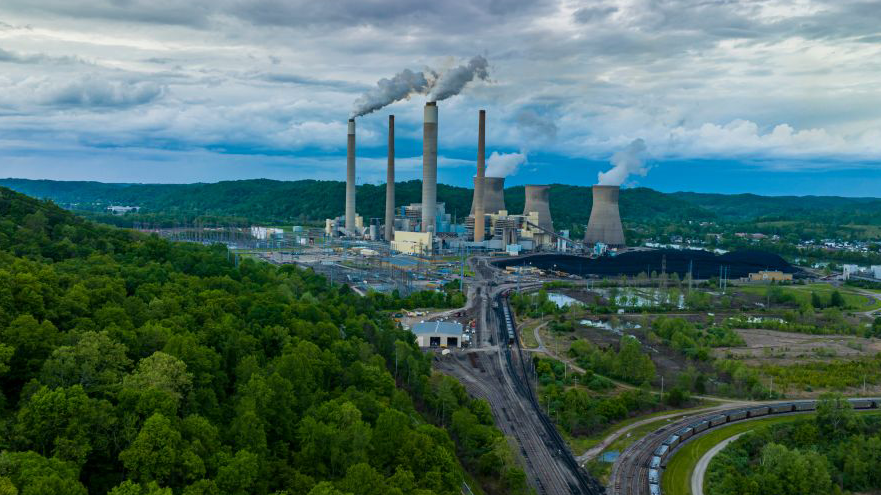NY’s $75B climate ‘super-fund’ faces major pushback from energy-producing states

A new law signed by Gov. Kathy Hochul in New York has sparked controversy and concern among energy industry leaders and officials in neighboring states. The law would impose up to $75 billion in liabilities on major fossil fuel companies, forcing them to pay into a state “climate super-fund” based on their emissions. West Virginia Attorney General JB McCuskey has warned that the repercussions of this law would extend far beyond the firms themselves, impacting economies across the country.
McCuskey emphasized that states like West Virginia, Kentucky, and Pennsylvania, which play a significant role in powering New York’s grid, would be hit the hardest by the law. He expressed concerns that access to reliable and affordable electricity, largely dependent on fossil fuels, would be compromised, leading to skyrocketing energy bills for all Americans. McCuskey highlighted the irony of New York City residents benefiting from the very coal power they are now condemning.
The attorney general, along with a coalition of other states, is actively working to halt the implementation of New York’s law. He cautioned that the costs of goods, transportation, and other essential services would inevitably rise as a result of the law, impacting every aspect of daily life. Despite Hochul’s claims that polluters must be held accountable for environmental damage, McCuskey argued that the consequences of the law would far outweigh any benefits.
In addition to challenging New York’s law, McCuskey and his counterparts are also facing off against a similar law in Vermont, albeit without the $75 billion cap. The attorney general predicted that the Supreme Court may ultimately have to intervene to resolve the legal disputes arising from these climate-related legislation.
With several other states considering similar measures, McCuskey warned of the potential for a wave of costly lawsuits that could bankrupt energy companies and further destabilize the industry. He pointed to a recent case in Louisiana where Chevron was ordered to pay billions for pollution claims dating back decades, underscoring the financial risks faced by energy companies.
In West Virginia, concerns over the impact of anti-energy policies have united politicians from both sides of the aisle. The state’s senators, including Joe Manchin and Jim Justice II, have fiercely defended the energy industry against attacks from critics like actress Bette Midler. The contentious debate underscores the vital role that coal and gas industries play in West Virginia’s economy and the importance of protecting them from harmful legislation.
As the legal battles over climate-related laws continue to unfold, the future of the energy industry remains uncertain. McCuskey and his allies are committed to challenging these laws and safeguarding the interests of their states, recognizing the far-reaching implications of policies that threaten the stability of vital industries. The outcome of these legal disputes could have lasting consequences for energy consumers and the economy as a whole.




